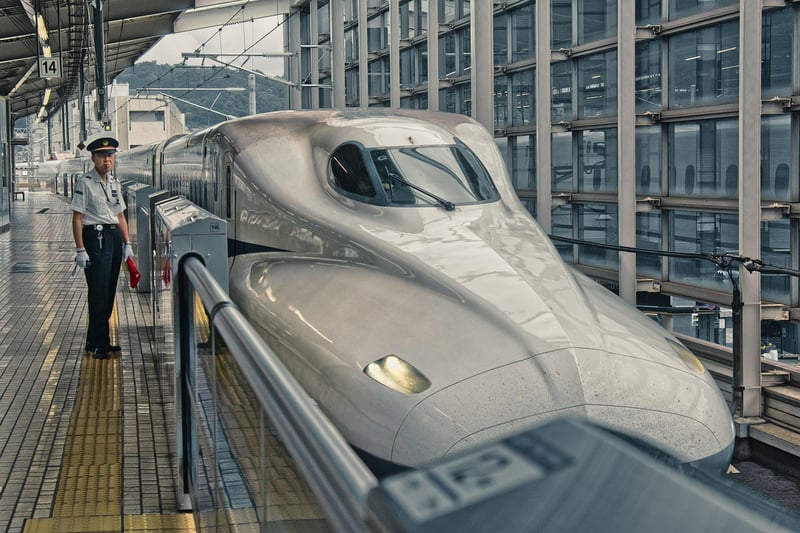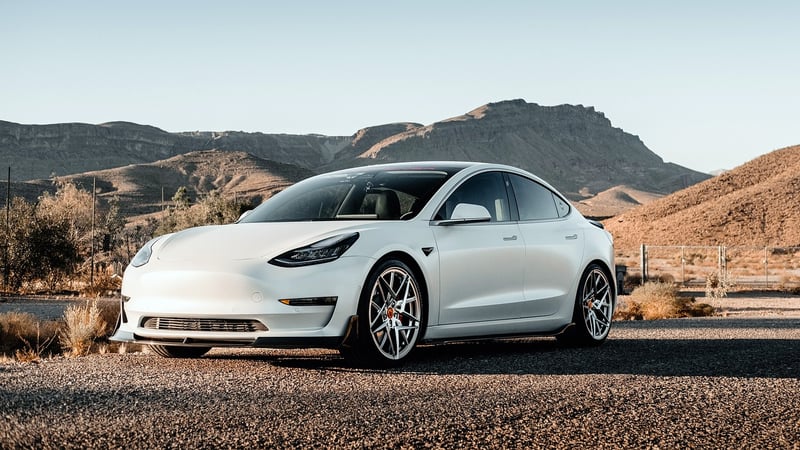Wormhole Generators
The Future of Transportation: Exploring Different Modes of Transport and Wormhole Generators
1. Conventional Modes of Transport
Traditional modes of transport have been the backbone of human mobility for centuries. From walking and cycling to cars, buses, trains, and airplanes, these methods have connected people and places around the world.

1.1. Advantages:
- Accessibility
- Infrastructure in place
- Cost-effective for short distances
1.2. Disadvantages:
- Traffic congestion
- Environmental impact
- Limited speed
2. Emerging Technologies in Transport
With advancements in technology, new modes of transport are revolutionizing the way we travel. Electric vehicles, hyperloop trains, and autonomous drones are reshaping the future of transportation.

2.1. Benefits:
- Environmentally friendly
- Efficient and fast
- Reduced dependence on fossil fuels
2.2. Challenges:
- Infrastructure development
- Regulatory hurdles
- Initial high costs
3. Wormhole Generators: The Future of Instantaneous Travel
Imagine a world where travel is not constrained by distance or time. Wormhole generators, a theoretical concept in physics, could potentially create shortcuts through spacetime, allowing for instantaneous travel between two points.

3.1. Theoretical Advantages:
- Near-instantaneous travel
- Bypassing traditional constraints
- Potential for interstellar exploration
3.2. Challenges and Considerations:
- Ethical implications
- Energy requirements
- Scientific feasibility
While wormhole generators remain a concept in science fiction and theoretical physics, the idea of instant travel continues to capture the imagination of scientists and enthusiasts alike.
Whether through conventional means or futuristic innovations like wormhole generators, the future of transportation holds exciting possibilities for how we move from place to place.
For more information on transportation technologies, visit NASA's Technology website.
